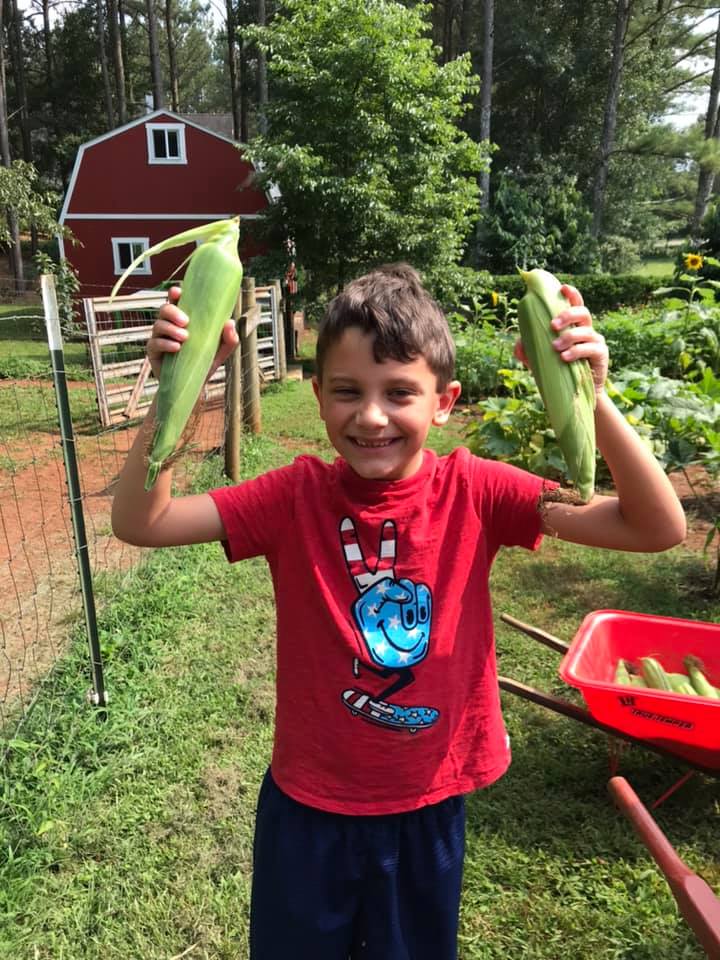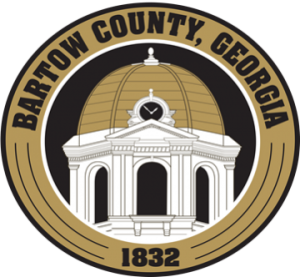I may be a little biased, but I believe the best Father’s Day gifts are garden books, tools, gloves, seeds, or plants. Each of these items involves me and my son getting our hands dirty in the garden. The best gifts are the those that create lasting memories of planting or building something that we can enjoy for many years to come.
Over the last several years, my son and I have planted many types of fruit trees, vegetables, herbs, bulbs, and fragrant flowers. Year after year, we get to enjoy picking blueberries, blackberries, paw paws, and persimmons in our backyard. There are also many types of fragrant flowers and shrubs that we can enjoy every time we walk around the garden. Some our favorite plants that produce abundant fragrance in our yard include gardenias, roses, banana shrub, lilac, irises, magnolias, daffodils, paper bush, tea olive, and Burkwood viburnum.

Not only do we get to enjoy the fruits of our labor, but the process of planting and growing is a great opportunity to learn about science and nature. As an added bonus, we often encounter all kinds of creatures in our garden such as lizards, five-lined skinks, salamanders, frogs, earthworms, grubs, beetles, butterflies, and spiders. My boy has a bug box for catching and observing these critters. Rarely do we have a week that goes by without a new resident in his bug box. He might keep them for a day or two and then release them back into the garden.
Another activity that my son and I enjoy is picking a bouquet of flowers for special occasions such as Mother’s Day or Valentine’s Day. Sometimes, the most interesting arrangements have more greenery than flowers. We will combine the leaves of various ferns, rosemary, Japanese maples, kaleidoscope Abelia, hollies, and purple Loropetalum. Most of these plants are evergreen and can be used throughout the year for arrangements. Although these types of arrangements tend to be short-lived, they often provide as much color and interest as any store-bought flower arrangement.
For the father that enjoys woodworking, consider buying the materials or tools to assemble bird houses, bat boxes, or pollinator nesting boxes. For ideas and designs, check out our UGA publication, “Creating Pollinator Nesting Boxes to Help Native Bees.” For bat boxes, the Washington Department of Fish and Wildlife website has detailed designs and installation guides you can follow at wdfw.wa.gov/species-habitats/living/species-facts/bats
Of course, any activity outdoors can make a fun Father’s Day experience with your children. Visiting a local park for a picnic or a hike is always enjoyable for our family. Gifts that can be used while exploring the outdoors might include binoculars for birdwatching, Audubon field guides, head lamps for night hikes, and hiking gear. There are many terrific field guides that feature various topics such as insects, butterflies, native trees, wildflowers, mushrooms, birds, reptiles and amphibians. These books might inspire a new hobby such as bug collecting!
The UGA Extension publication website also has a variety of field guides available online for free as well as to purchase. Printed field guides that are useful for your outdoor activities include “Beneficial Insects, Spiders, and Mites in the Southeast”, “Insect Identification Guide for Southeastern Landscapes,” and “Native Plants of North Georgia.” There are many other UGA publications about insects, pollinator plants, fruit trees, gardening, native trees, wildflowers, and ferns. You can download or access these on our UGA Extension website at extension.uga.edu/publications.html. If you want to learn more about reptiles and amphibians, check out our UGA herpetology publications online at srelherp.uga.edu/publications.htm.
###Paul Pugliese is the Extension Coordinator and Agricultural & Natural Resources Agent for Bartow County Cooperative Extension, a partnership of The University of Georgia, The U.S. Department of Agriculture, and Bartow County. For more information and free farm, lawn, or garden publications, call (770) 387-5142 or visit our local website at extension.uga.edu/bartow.
